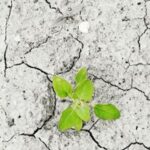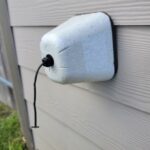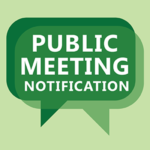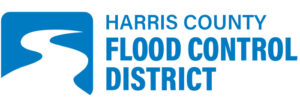Greenwood UD Quarterly Newsletter – Volume 8
During this quarter, you may have noticed the signs posted about the stage 1 drought contingency plan in effect. We continue to ask you to conserve water and follow the guidelines on our website. We are also happy to share that Texas Utility Help has extended its program through December 2023. To see if you qualify for this service, please visit their website.
We wish you and your families a very happy holiday season.
Greenwood Board of Directors
Property Taxes Reduced for 2024 
In October, the board approved the tax rate for 2024. The new tax rate is $.70 per $100 of property value, 8 cents lower than in 2023. Homeowners can expect an average annual savings of $20, but your specific savings may vary depending on your property value. You can check your property value on the HCAD website. Visit HCAD Website
 Need Help with Your Utility Bill?
Need Help with Your Utility Bill?
Texas Utility Help has extended the payment credit for water and wastewater bills through Dec. 31, 2023.
New applicants can still get help paying past-due water and wastewater bills in full, plus $85 per month through Dec. 31, 2023. Learn More
Stage 1 Drought Conditions
Due to the observed drop in annual rainfall amounts and higher-than-normal daily temperatures in the surrounding area this summer, Greenwood Utility District continues to implement Stage 1 of its Drought Contingency Plan. For more information, visit our website. Learn More
 Prepare Your Home for Winter
Prepare Your Home for Winter
As winter approaches, it is a good practice to refresh on how to prepare your home for potential freezing temperatures. That can include protecting your pipes. For helpful tips, read more on our website. Read More




